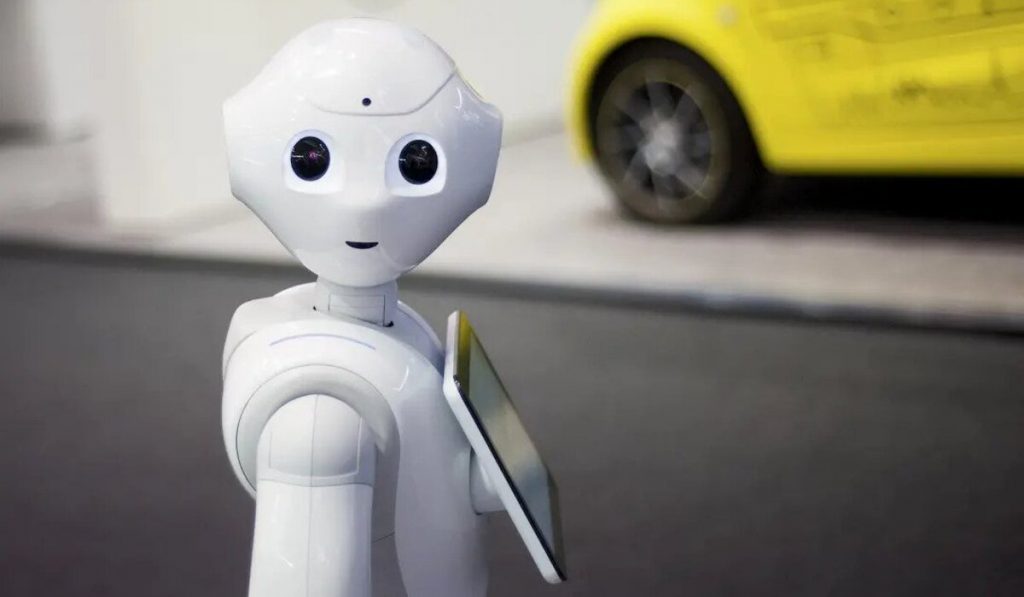In a series of experiments that involved having well-being robots interact with employees in mandatory sessions, researchers found that how well a robot boosts employee morale depends on at least one essential factor: how cute they are.
“We wanted to take the robots out of the lab and study how they might be useful in the real world,” said study first author Micol Spitale, a computer scientist at Cambridge University, in a press release about his team’s findings, presented at the International Conference on Human-Robot Interaction.
Over the course of four weeks, 26 employees participated in weekly well-being sessions led by two different types of robots. The robots followed the same script, had the same voice, and used the same facial expressions. During the sessions, the robots went around the group and asked each employee to recall a positive experience, followed by more questions.
The researchers discovered that the cute and toy-like robot, specifically the Misty model, was the most effective at building a connection with employees. Interestingly, both robots had different bodies, with Misty standing at only 14 inches tall and having a limbless body shaped like a stunted vacuum cleaner.
On the other hand, the more human-like robot QT, standing at almost three feet tall, generated higher expectations among employees. However, it ultimately led to disappointment when they realized that it couldn’t hold conversations like a real human.
In their press release, it was explained by the researchers that people’s expectations of the robot “did not match with reality.” According to the study’s co-author, Hatice Gunes, who is a professor of Affective Intelligence and Robots at Cambridge, it was elaborated that the robots were programmed with a script, but the participants had hoped for more interactivity.
“The robot can serve as a physical reminder to commit to the practice of wellbeing exercises,” explained Gunes. “And just saying things out loud, even to a robot, can be helpful when you’re trying to improve mental wellbeing.”

